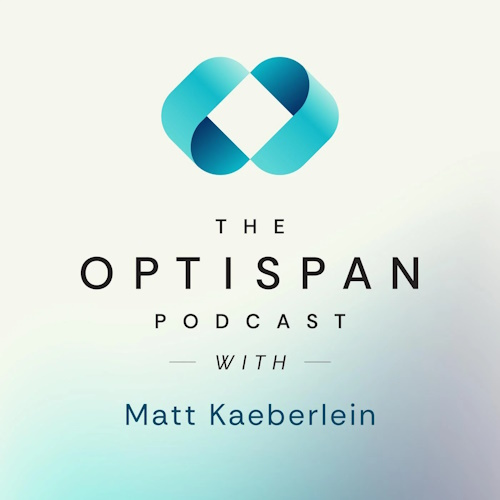An introduction to the study of RAPAMYCIN
Matt explores the study of rapamycin in depth
The R-Files is a series exploring rapamycin, a compound discovered in Easter Island soil, known for its immunosuppressive and anti-ageing properties. In the first episode, Matt, an expert in rapamycin research, shares how chance encounters and a willingness to explore uncharted areas led him to uncover fascinating insights into the drug's potential to extend lifespan and delay age-related diseases.
Key Points:
The podcast discusses Matt Kaeberlein's research on rapamycin, exploring how his work led to key discoveries about rapamycin's potential to extend lifespan. His team's findings were foundational in linking rapamycin to longevity across various organisms.
- Rapamycin Discovery and Origins: The episode discusses how Matt Kaeberlein began his research on rapamycin, a compound with significant implications for longevity, by exploring genetic pathways in yeast at the University of Washington.
- Collaboration and Breakthroughs: Matt’s collaboration with Brian Kennedy, sparked by a chance conversation, led to a decade-long, ground-breaking study on ageing and new longevity genes in yeast.
- Yeast as a Model for Ageing: Yeast replicative lifespan was used as a model for biological ageing, revealing that genetic determinants of ageing are conserved across species, making yeast a valuable tool in longevity research.
- TOR Signalling and Longevity: The study discovered that deleting the TOR1 gene in yeast, which regulates nutrient sensing and cell growth, significantly increased lifespan, mirroring the effects of rapamycin in mammals.
- Pioneering Work on Rapamycin: Matt’s team was the first to show that rapamycin could extend lifespan, laying the foundation for its potential use in anti-ageing treatments, a finding later confirmed in more complex organisms.
Visit website: https://www.youtube.com/watch?v=czx_-DqnnrQ
See alsoDetails last updated 19-Sep-2024



